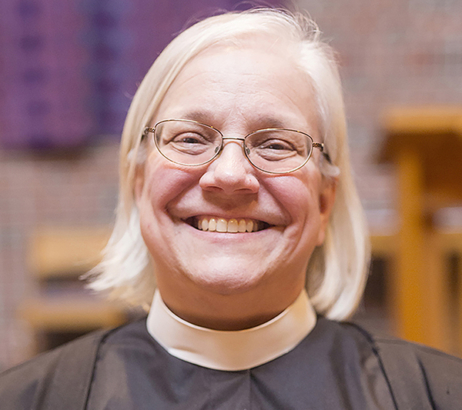“There is no longer Jew or Greek, there is no longer slave or free, there is no longer male and female; for all of you are one in Christ Jesus.”
(Galatians 3:28)
This week marks two important anniversaries. Thursday, June 17 is the sixth anniversary of the day that white supremacist and neo-Nazi Dylann Roof attended a Bible study at Emanuel African Methodist Episcopal Church in Charleston, South Carolina, shooting and killing nine African American Christians and wounding another. The shooter was a confirmed member of an ELCA congregation. Two of his victims, the Rev. Clementa Pinkney and the Rev. Dr. Daniel Simmons Sr., were graduates of an ELCA seminary, Lutheran Theological Southern Seminary in Columbia, South Carolina. In 2019, the ELCA Churchwide Assembly voted to establish June 17 as an annual day of commemoration for “the Emanuel 9” and of repentance for the church’s complicity in racism.
Saturday, June 19, known as Juneteenth, is the anniversary of the announcement of emancipation to enslaved people in Texas, which took place in 1865. It’s important to note that President Lincoln’s Emancipation Proclamation, which freed enslaved persons in all of the Confederate States, became law on January 1, 1863. Practically speaking, it did not take effect in parts of the Confederacy until Union troops arrived to enforce it. Legally, enslaved persons in Texas were freed on January 1, 1863, but they weren’t actually free for another 2½ years, June 19, 1865, when Union General Gordon Granger announced the implementation of the Emancipation Proclamation from Galveston, Texas.
For me, the common thread uniting both of these events is that they demonstrate how much work still needs to be done to live out equality, both legally and religiously. Not unlike the 2 ½ year gap between the Emancipation Proclamation and Juneteenth, we still have laws that lift up equality while actual practices reflect and embody white privilege. In our society, white people have the privilege of not thinking about race on a daily basis, not having to worry about being discriminated against on the basis of their skin tone. We have a lot of work to do to translate the words of the Pledge of Allegiance, “with liberty and justice for all,” from words into reality.
As the whitest Christian denomination in the U.S., the ELCA has work to do, too. We have the privilege of not talking about race – a privilege that becomes deadly when an ELCA member can act on the intention of starting “a race war” without seeing that as a fundamental contradiction of the Christian faith in which he was raised. Are we willing to condemn racism as sin clearly, loudly, and compellingly, or will we continue to “avoid talking about politics” in church?
The Rev. Kathryn A. Kleinhans, Ph.D.
Dean
Trinity Lutheran Seminary forms leaders for Christ’s church at work in the world.



